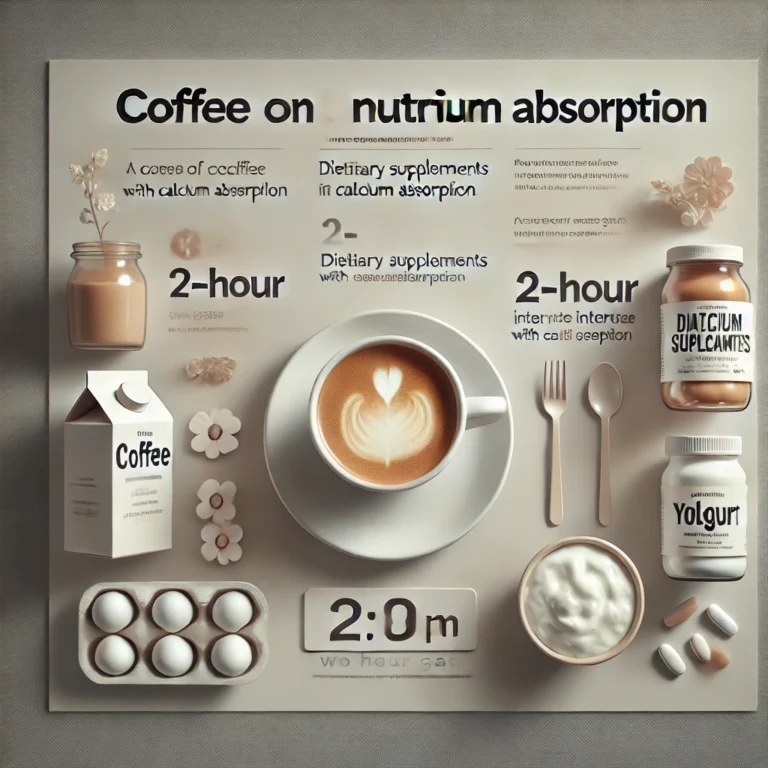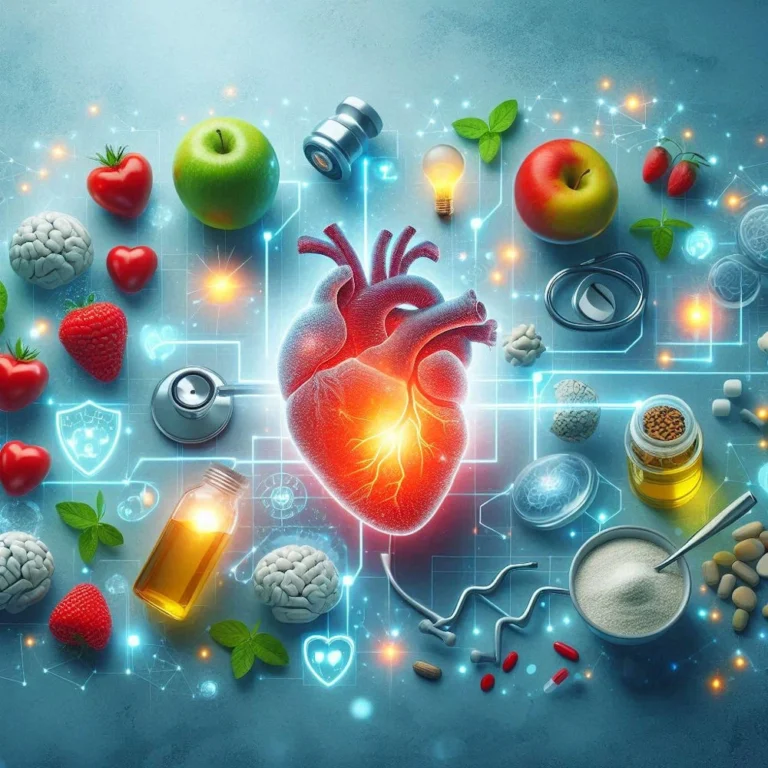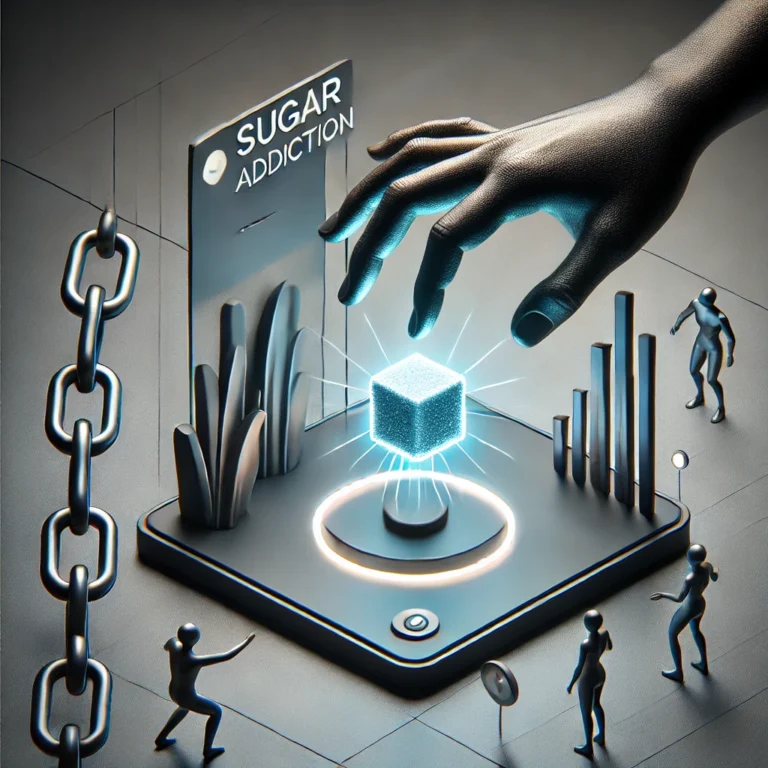Are Ultra Processed Food Dangerous
*This post may contain affiliate links for which I earn commissions.*
You may never have considered the question are ultra processed foods dangerous, you may never have heard of ultra processed foods. Ultra processed foods are items that have gone through multiple processes, contain many added ingredients, and are generally characterized by their long shelf life and convenience. Picture your typical snacks, packaged baked goods, sodas, and ready-to-eat meals. They’re everywhere. Witnessing the shelves of any supermarket in America, it’s clear that these foods have become a staple of modern diets. I’m here to guide you through understanding what they are, their prevalence, and why knowing about them is crucial for making informed dietary choices.
Nutritional Breakdown of Ultra Processed Foods
When I am in the grocery store I am both fascinated and horrified by the array of available snacks. They are a rainbow of bright lurid colors and sadly I am not talking about the packaging, I am talking about the actual snacks.
IIf you take a closer look, you’ll find that ultra processed foods commonly include a long list of ingredients that are far from natural. These usually include preservatives to extend shelf life, artificial flavors to enhance taste, and colorings to make the product visually appealing and more dangerous to your overall health.
Comparing Ultra Processed Foods To Minimally Processed Foods.
The contrast between ultra processed foods and their whole or minimally processed counterparts is stark. While an apple simply contains an apple, a snack bar might list ingredients that are difficult to pronounce, often indicating additives and preservatives. These components can significantly alter our daily nutritional intake, tipping the scales toward excessive sugar, unhealthy fats, and sodium, while skimping on dietary fiber, vitamins, and minerals.
So, how does this shift in nutrition affect our bodies? Consuming foods high in additives can lead to an imbalance in our diet, potentially causing energy spikes followed by crashes, rather than providing a steady source of fuel. The lack of essential nutrients can also impact everything from our skin health to our immune systems.
The focus of this blog is to understand what things affect your physical energy, especially as you age. I want you to age as vibrantly and healthily as possible.
Ultra-processed foods can negatively impact your energy levels in several ways:
- Blood Sugar Spikes and Crashes: These foods often contain high amounts of sugar and refined carbohydrates, leading to rapid spikes in blood sugar followed by sharp drops, resulting in fluctuating energy levels.
- Poor Nutrient Quality: They lack essential nutrients like vitamins, minerals, and fiber, which are necessary for sustained energy and overall health.
- Increased Fatigue: The additives, preservatives, and artificial ingredients in ultra-processed foods can contribute to inflammation and oxidative stress, which may lead to chronic fatigue and reduced energy levels.
Exploring the Risks: Are Ultra Processed Foods Dangerous?
Now, you might be eyeing your pantry and wondering just how concerning the health implications of indulging in ultra processed foods really are. The truth is, while these foods are convenient, their health risks shouldn’t be ignored. Let’s explore the potential dangers.
In the short term, consuming high amounts of ultra processed foods can lead to immediate discomforts, such as bloating, headaches, and energy crashes. The high sugar content, for example, can cause spikes in blood glucose levels, which many of us have experienced as the familiar mid-afternoon slump. Equally concerning is the sodium content, which can increase blood pressure, a risk factor for heart disease.

Long-term consumption poses even greater risks. A diet high in ultra processed foods is like a silent alarm for chronic health conditions. These foods are often linked to obesity due to their high calorie, sugar, and fat content while being low in essential nutrients. Obesity carries its own risks, including heart disease, type 2 diabetes, and certain types of cancer.
Peer-reviewed studies paint a concerning picture. Findings suggest a correlation between ultra processed foods and poor health outcomes. The high level of preservatives, artificial flavors, and emulsifiers in these foods has been associated with a compromised gut microbiome, which is critical to overall health. Moreover, research indicates that these dietary patterns can increase the risk of metabolic syndrome, which is a cluster of conditions that include high blood pressure, high blood sugar, excess body fat around the waist, and abnormal cholesterol levels.
Experts often caution about the long-term health effects of a diet saturated with ultra processed foods. Medical professionals, dieticians, and nutrition scientists advocate for more whole foods in the diet to promote a balanced, nutrient-rich eating plan capable of sustaining a healthy body and preventing disease.
Transitioning from a discussion of health risks, we now turn to an often overlooked aspect: the psychological and behavioral effects of ultra processed foods. The relationship between these foods and our mental wellbeing is complex and deserves attention in its own right.
Psychological and Behavioral Considerations
When I explore the relationship between ultra processed foods and health, it’s essential not to overlook the psychological side of things. These foods often have a peculiar hold over our eating behaviors. The high sugar, fat, and salt content isn’t just about taste; these ingredients can hijack the brain’s reward system, leading to a cycle of cravings and over consumption.
Call it the science of temptation if you will, but these cravings are more than just a lack of willpower. Research suggests that the intense flavors and engineered palatability of ultra processed foods can dull our satiety signals, those internal alerts that tell us when we’ve eaten enough. Instead of feeling full, we’re often left seeking more, even when our bodies don’t need the extra energy.
Advertisers know this all too well. That’s why ultra processed foods are often front and center in marketing campaigns, especially those targeting children. Bright packaging, catchy jingles, and strategic placement in stores are all designed to make these items hard to resist. This marketing prowess adds another layer to the challenge of managing intake.
These facts bring us to a crucial junction. Understanding the psychological pull of ultra processed foods is only the starting point. Next, I need to talk about how these foods, despite being economical upfront, may cost us more in the long run – both financially and in terms of health. Keep reading as I address the economic implications tied to the consumption of ultra processed foods.
The Economic Impacts of Ultra Processed Food Consumption
When I examine the economic footprint of ultra processed food consumption, I’m struck by the stark contrast between immediate savings and long-term costs. While these foods often seem budget-friendly upfront, with their lower shelf prices and convenience, there’s more to the story.
The affordability dilemma lies in the hidden costs. Instances of diet-related diseases are skyrocketing, and so are healthcare expenses to manage conditions like diabetes, heart disease, and obesity. It’s essential to understand that every dollar saved today on cheaper food options may translate into several more spent on medical bills in the future.
But personal healthcare costs are just the tip of the iceberg. These widespread health issues have a domino effect, increasing the financial burden on our healthcare system as a whole. From lost productivity due to illness to rising insurance premiums, the ripple effect touches all parts of the economy.
It’s also important to highlight how socioeconomic factors play a significant role in our food choices. Access to affordable healthy food is a significant hurdle for many, particularly those living in food deserts where ultra processed foods are often the most accessible and inexpensive option. This cycle of consumption and ill health is a challenging one to break, especially for those with limited financial means.
Understanding these economic intricacies is crucial as we look toward solutions that can mitigate the environmental toll of the ultra processed food industry, which is where my next focus lies.
Environmental Concerns and Ultra Processed Foods
It’s important not to overlook the environmental impact of ultra processed foods. These products are not only a concern for our bodies but also for our planet. The production processes behind your favorite snack packs and ready-to-eat meals are often resource-intensive, contributing to water depletion, deforestation, and greenhouse gas emissions.
One of the significant problems is the ecological footprint left by industrial-scale agriculture that’s necessary to supply ingredients for these foods. Massive monocultures, cultivation that depends on extensive use of fertilizers and pesticides, and energy-demanding manufacturing processes are environment-straining components of ultra processed food production.
Then there’s the packaging. Ultra processed foods are infamous for their multi-layered, non-recyclable packaging that’s designed for longer shelf life and convenience. While it keeps your food safe and fresh, it creates a substantial amount of waste that often ends up in landfills or pollutes our oceans.
As consumers, every purchase choice we make can contribute to environmental health. By opting for less processed options, we can reduce demand for heavily packaged products and the resources needed to produce them. This transition doesn’t just potentially better our health; it aligns with efforts towards a more sustainable and less wasteful food system.
Get people back into the kitchen and combat the trend toward processed food and fast food.
Andrew Weill
Regulatory Landscape and Labeling
You’ve probably seen a variety of labels and health claims plastered across food packaging. However, understanding what these labels actually mean and how they’re regulated can be less clear. In this section, I’ll shed light on how ultra processed foods are subject to regulation and what those food labels you’re reading actually entail.
Let’s start by examining current regulations. Government agencies like the FDA in the United States establish guidelines that dictate food processing practices. The aim is to ensure food safety and prevent misleading claims. Still, regulations often lag behind scientific discoveries, offering room for processed foods to exist in a somewhat gray area.
Food labels play a crucial role in helping you make informed choices. These labels include nutritional information, ingredient lists, and sometimes health claims. While this information is regulated to maintain accuracy, deciphering it requires skill. Phrases like ‘all natural’ or ‘contains real fruit’ can be misleading if not understood properly.
The government’s part in safeguarding public health extends beyond regulations. It informs consumers through updated dietary guidelines and educational campaigns. But when it comes to ultra processed foods, these efforts can feel minimal compared to the aggressive marketing tactics of food corporations.
Making Healthier Choices: Alternatives to Ultra Processed Foods
You understand that ultra processed foods carry risks; now, it’s about making smarter food choices. Fortunately, you have the power to significantly reduce your intake of these products. Here’s how.
Begin with single-ingredient groceries. Foods that don’t need a label, like fresh fruits, vegetables, and grains, are often the healthiest picks. They provide essential nutrients without the excess sodium, sugars, and unhealthy fats.
Whole foods should be your pantry staples. Prioritize items that have undergone minimal processing. Think brown rice over boxed rice dishes, or a whole chicken versus chicken nuggets.
In a perfect world, you’d cook every meal from scratch using these whole ingredients. Realistically, though, life gets busy. That’s why meal prepping can be a lifesaver. Dedicate a few hours on the weekend to prepare and portion your meals for the week. It’s a great way to eat healthy without the stress or time crunch.
If you’re feeling overwhelmed, start small. Swap out just one or two processed items each week for a less processed alternative. Gradual changes can lead to a complete dietary transformation before you know it.
Don’t forget to stay hydrated with water, herbal teas, or infused water instead of reaching for sugary drinks. It’s a simple yet impactful change.
Lastly, involve your family and friends. Share meals and exchange recipes. It’s easier to stick to healthy habits when you have a supportive community.
Empowering Consumers for Better Health
I’ve taken you through a thorough look at ultra processed foods and the array of challenges they pose to health, behavior, and the environment. It’s evident that while these foods might be convenient and tantalizing to the taste buds, the risks they carry can’t be ignored. My goal was to shed light on these risks to help you make informed dietary choices.
Your diet is a personal journey, and every choice you make has the potential to impact your wellbeing. You have the power to shape this journey and steer it towards a destination of better health and vitality. Armed with the knowledge of what constitutes ultra processed foods, their effects, and how to spot them, you’re already a step ahead.
Conclusion to Are Ultra Processed Food Dangerous
Choosing whole foods, cooking meals at home, and being mindful of food marketing practices are simple, yet potent, steps you can take. It’s not about perfection; it’s about making small, sustainable changes. Embrace consistent, incremental adjustments to your eating habits and watch how they contribute to an overall healthier life.Remember, these changes don’t just benefit you. Every decision you make can also ripple out into social and environmental improvements. By reducing demand for ultra processed foods, you’re promoting a cleaner environment and advocating for a food system that values health over profit.I encourage you to continue to educate yourself, stay curious about the food you eat, and always ask questions. Your body, and the planet, will thank you for it.






